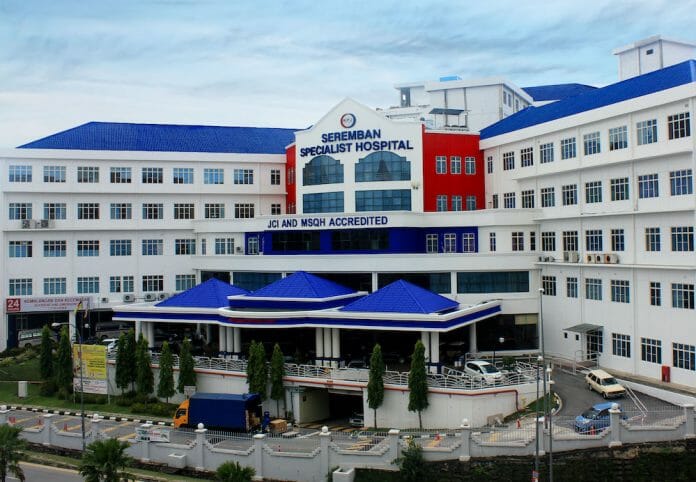There is no sign of patient throughput slowing down at KPJ Healthcare Bhd’s hospitals, paving the way for strong numbers ahead, and its performance will also be boosted by better operational efficiency and cost-optimisation amidst a gradual ramp-up in new beds.
“Our recent channel checks point to no sign of patient throughput slowing down at KPJ’s hospitals, despite the tapering off of pent-up demand for elective surgeries post pandemic, paving the way for a strong performance in 4QFY23.
“The performance could also be potentially boosted by a lower effective tax rate, as it typically utilises its tax benefits arising from unutilised capital allowances and tax losses for new businesses under gestation and recognition of tax allowances in 4Q.
“Coupled with 4Q typically being KPJ’s strongest quarter, our FY23F net profit of RM228 million, before our upgrade, appears to be conservative,” it said in its Company Update today (Jan 24).
Kenanga said it expects a solid 4QFY23F for KPJ, with net profit to come in at RM75 million, an increase of 11% quarter-on-quarter (QoQ), an increase of 4% year-on-year (YoY) driven by higher bed occupancy and inpatient throughput.
“(This is) underpinned by sustained pent-up demand for elective surgeries, which will take its FY23 core net profit to a higher level of RM239 million.
“To recap, key operating indicators continued to show improvement in 3QFY23. QoQ, 3QFY23 earnings were driven by higher throughput from inpatient, an increase of 17% and outpatient, an increase of 11% as bed occupancy rate (BOR) rose to 73% from 63% in 2QFY23 as patients flocked back to seek treatment following the festive holidays in 2QFY23.”
In terms of bottom-line profitability, the research house expected the group’s earnings to gain momentum moving into FY24 on better operational efficiencies and organic growth.
” In FY24, we expect KPJ’s patient throughput to grow at 9% compared to an estimated 7% in FY23 with BOR at 71% versus an estimated 68% in 2023
“(This is) from its cost optimisation effort and overhead absorption rate as a result of a gradual ramp-up in opening new beds. Hence, having gained incremental revenue underpinned by higher patient throughput, the group’s two hospitals under gestation have turned EBITDA-positive.
“Only three hospitals namely Miri, Perlis and Damansara Specialist Hospital 2 (DSH2) are still recording losses, which the group expects to EBITDA-breakeven by end-2024 as their revenues are gaining momentum.
“Over the longer-term, the group is targeting an EBITDA margin of 28% compared to our FY23-FY24F forecast of 23%,” it said.
Kenanga believed management is focused and committed towards bottomline profitability following the divestment of its loss-making Indonesian operations and Jeta Garden, an aged care and retirement village business in Australia.
“Meanwhile, its DSH2 posted 9MFY23 losses of RM89 million or 3QFY23 losses of RM19 million compared to 2QFY23 losses of RM24 milliion.
“The group aims to increase bed capacity from 60 to 123 beds in 2023 to 205 to 265 beds in 2025. DSH2 is targeting 30% to 50% medical tourism portion in FY24 ad FY25 by offering cardiac services through collaboration with consultants to bring in patients from the Middle East.
“KPJ is targeting to achieve RM300 million to RM400 million medical tourism revenue in FY24 which accounts for 9% to 12% of our FY24F revenue compared to the historical 2% to 4%,” it added.
The research house raised its FY23 and FY24F net profit forecasts by 5% each, as it lift our patient throughput assumptions to 7% and 9% (from from 6% and 8%), and introduce its FY25F numbers
It reiterates its OUTPERFORM call, lifts its target price (TP) by 19% to RM1.86 from RM1.56, to to reflect the rolling forward of our valuation
base year to FY25F from FY24F.
“The basis of our TP is 28x FY25F EPS, in line with its regional peers. There is no adjustment to our TP based on ESG given a 3-star rating as appraised by us.”
The key risks to Kenanga’s call include reputational risk, the lack of political will to roll out a national health insurance scheme, and longer-than-expected gestation periods for its new hospitals.









